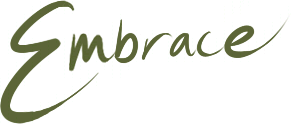 Welcome to the third of 52 Mindfulness Practices for 2012 – Simple, practical and elegant ways for living life more joyfully and fully.
Welcome to the third of 52 Mindfulness Practices for 2012 – Simple, practical and elegant ways for living life more joyfully and fully.
Instructions
Become aware of the use of “filler” words and phrases and try to eliminate them from your speech. Filler words that do not add meaning to what you’re saying, such as “umm”, “ah”, “so”, “well”, “like”, “you know”, “kind of”, and “sort of.” Additional filler words enter our vocabulary from time to time. Recent additions might include “basically” and “anyway”. In addition to reducing the filler words, see if you can notice when and why you tend to use them – in what situations and for what purpose.
Reminders
It is mortifyingly difficult to notice yourself using filler words at first. Try to enlist the help of friends or family members. Children love catching and correcting their parents using filler words, though if you coopt them into this process, get them to raise their hands to point out your ‘filler’ otherwise you will be interrupted mid-flow with alarming frequency!
Another way to bring awareness to the filler words you use is to record yourself talking. Ask someone to use his or her mobile to record you in conversation unwittingly. Play it back and tabulate the fillers you use and their frequency.
It’s as simple as that. Enjoy!
